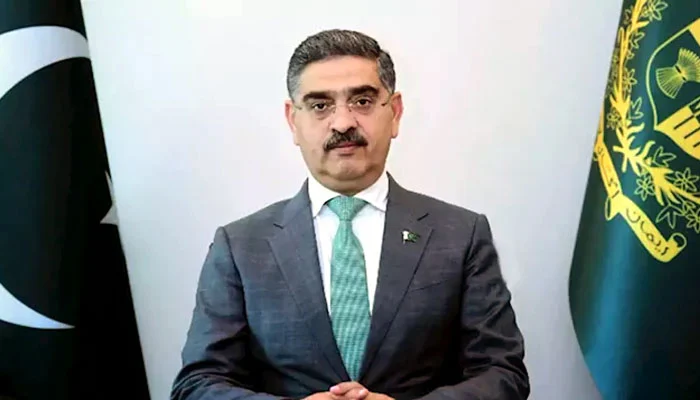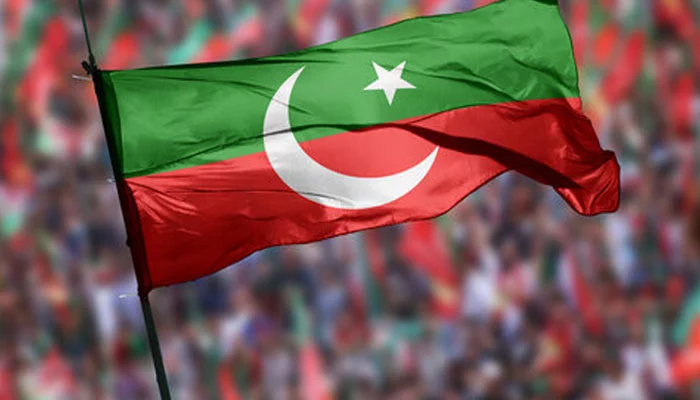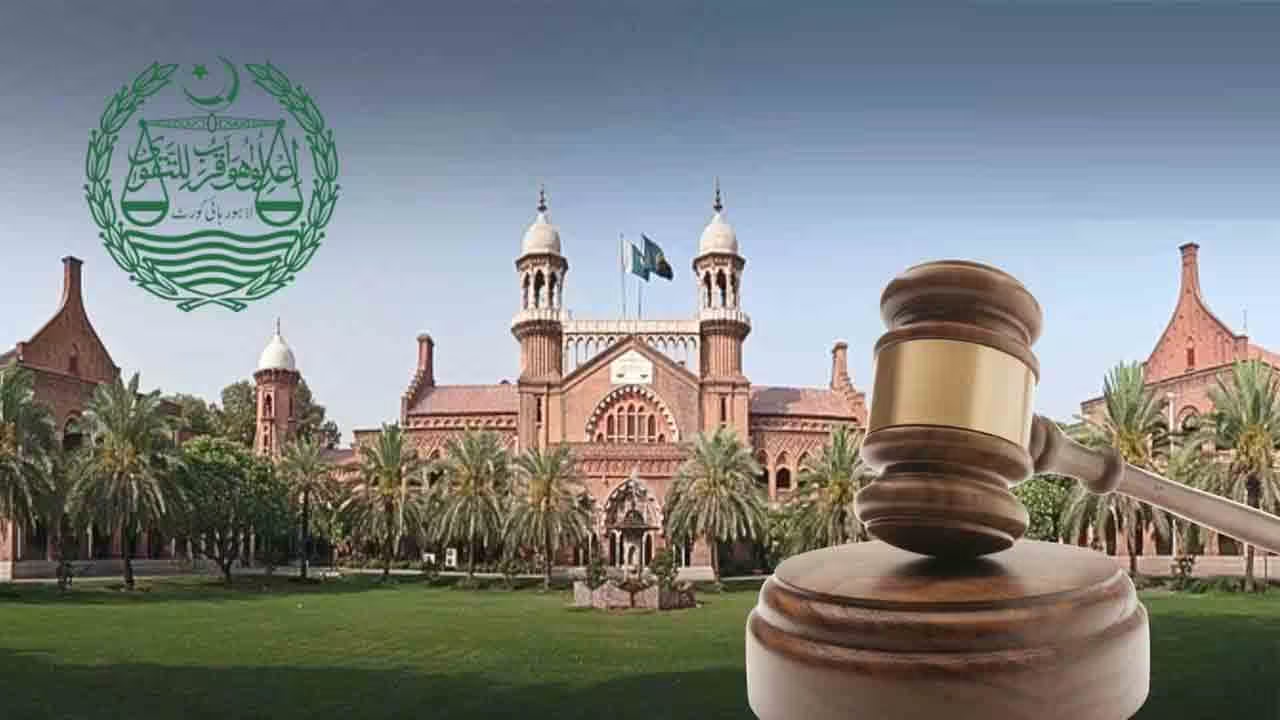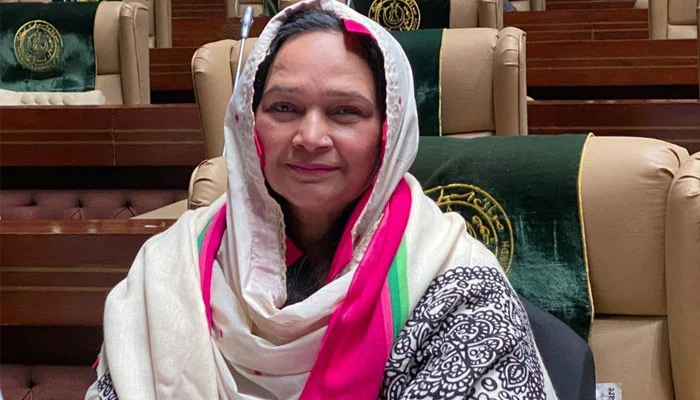Anwar-ul-Haq Kakar, a prominent political figure in Pakistan, recently delivered a speech at the University of Oxford, shedding light on various aspects of Pakistan’s political landscape. During his address, Kakar made significant comments about the ruling Pakistan Tehreek-e-Insaf (PTI) government, the need for transparent elections, and the role of opposition leader Imran Khan.
Kakar asserted that he maintains complete impartiality in his political stance, emphasizing his commitment to fairness and justice in the political arena. He also expressed his strong condemnation of the events that unfolded on May 9, indicating that those involved in violence and allegations of terrorism must face strict legal consequences. This stance underscores the importance of upholding the rule of law and preserving civil society in Pakistan.
Furthermore, Kakar addressed the controversy surrounding the absence of the PTI’s financial records, known as the “Belt and Road Initiative (BRI) paper.” He argued that even without this document, the upcoming elections would still be considered legally valid. This statement aims to quell concerns and speculations regarding the transparency and legitimacy of the electoral process.
Anwar-ul-Haq Kakar also touched upon the need for equal treatment of all political parties in Pakistan. He stressed that no special privileges should be extended to the Chairman of PTI, indicating that every political entity should have a fair chance to participate in the elections without any undue advantages.
In a notable remark, Kakar highlighted that Imran Khan and PTI are not currently engaging in parliamentary politics. He argued that if they were, Imran Khan would be an opposition leader. This statement underscores the unique political dynamics in Pakistan, where the ruling party is perceived to be operating outside the realm of traditional parliamentary politics.
Kakar also addressed the role of the Pakistani media, emphasizing that it is open to criticism and scrutiny from all quarters. He reassured that there is no attempt to exert undue influence on the media, emphasizing the importance of a free and vibrant press in a democratic society.
Anwar-ul-Haq Kakar’s speech at the University of Oxford provides valuable insights into Pakistan’s political landscape. His calls for transparent elections, commitment to the rule of law, and impartiality in political matters reflect the need for stability and fairness in the country’s governance. Moreover, his comments on PTI’s role in parliamentary politics and the treatment of all political parties underline the ongoing complexities in Pakistan’s political environment.



